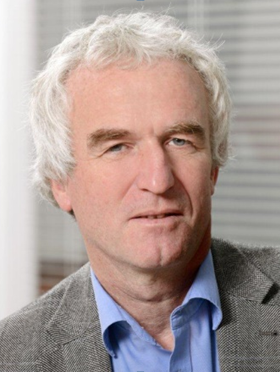Project overview Joint Funding
Molecular Diagnostics for Pediatric Cancers
Program: MDEB Funding Line: INNOVATION Project type: research project Entity: cancer in childhood and adolescence, multiple entities Status: completed
Cancer is the second most common cause of death in children in Germany, after road accidents. In many cases, young cancer patients cannot be cured or suffer from complications as a result of the intensive treatment they receive. There is therefore a need for new cancer therapies to be developed. One problem is that children suffer from a wide range of different types of cancer, but each type occurs only rarely. Until now, this has made it difficult to develop new treatments. Thanks to cutting-edge technology, including next-generation sequencing, physicians and researchers can now sequence the genetic makeup of a patient’s cancer cells (cancer genome sequencing). This paves the way for targeted cancer treatment. The first step is molecular diagnostics – identifying the characteristic individual changes (mutations) in the cancer genome for each young patient. The idea is that in future, physicians will be able to use the mutations in the cancer genome to draw up a specific treatment plan for each child. The advantage of this precision oncology in children, is that their cancer cells often present fewer mutations than those found in adults. This makes it easier to identify the mutations that drive the cancer’s growth and which present suitable targets for cancer treatment.
The seven DKTK sites involved in this collaborative project are setting up a network of children’s cancer centers that will offer their patients cancer genome sequencing. The participating researchers will start by looking for characteristic genome mutations in different types of childhood cancer. This requires collaboration between the university hospitals within the DKTK – in order to obtain enough cases of rare cancers to enable them to draw meaningful conclusions. The cancer genomes of patients at all the participating centers will be sequenced using DKTK-wide standardized processes. Specialists at the various sites will then evaluate the results. For instance, samples of childhood liver tumors will be evaluated in Munich, while retinal tumors will be evaluated in Essen. The researchers and pediatric oncologists are particularly interested in the possibility this will open up for a joint analysis of all the different types of childhood cancer. They want to identify mutations that may occur infrequently in individual types of cancer but which play a role in a number of different cancers. The researchers are hopeful that they will then be able to offer young patients new therapies, or that they will be able to predict which established treatment is most likely to be successful.
An additional knowledge gain from this project is that the researchers can identify hereditary gene defects that trigger the onset of cancer in children. In future, physicians will use evidence of such hereditary genome mutations to improve preventive strategies and start treatment earlier, thereby increasing the likelihood of success.
Involved Partnersites
Berlin, Essen/Dusseldorf, Frankfurt/Mainz, Freiburg, Heidelberg, Munich, TubingenCoordinators

Prof. Dr. Peter Lichter
